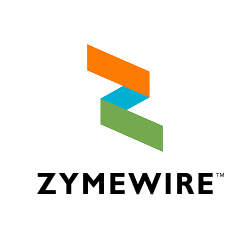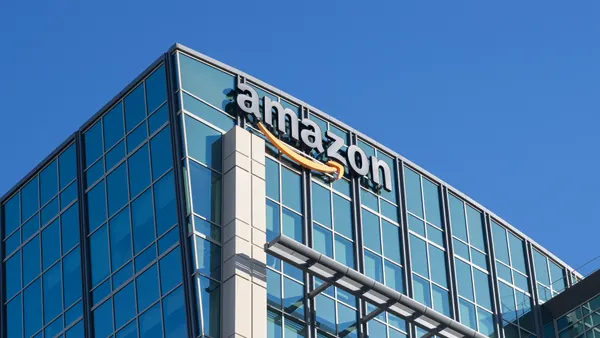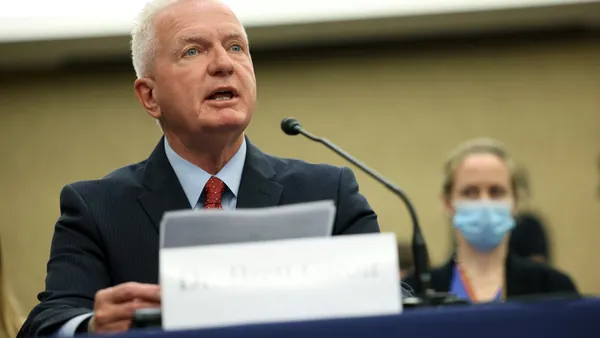Today, a brief rundown of news from The Food and Drug Administration and Profluent, as well as updates from Novartis, Innovent Biologics and Flagship Pioneering that you may have missed.
The Food and Drug Administration announced a new pilot program intended to speed up communications with drugmakers following formal meetings. The new program allows companies the opportunity after a meeting to submit an email question to agency staff asking for a “quick clarification” regarding a specific issue. The FDA then aims to respond within three business days. The pilot is initially being tested out through the agency’s Office of New Drugs, but could eventually be expanded more widely. “Numerous drug developers have told me that a quick touchpoint or clarification opportunity with the FDA team could spare them months of guesswork,” said Commissioner Martin Makary, in a statement. — Ben Fidler
Novartis hiked the sales estimates for two of its top drugs and revealed plans this week to expand its manufacturing footprint in North Carolina. On Thursday, Novartis raised its projections for the leukemia medicine Scemblix and the breast cancer therapy Kisqali, which it now expects to peak at more than $14 billion combined annually. A day earlier, Novartis said it’ll build three new sites in North Carolina producing biologics, tablets, sterile packaging and more. The new plans are part of a $23 billion U.S. drug production pledge Novartis made earlier this year. — Ben Fidler
Bezos Expeditions, the private investment office of Jeff Bezos, teamed with a group of investors to pour $106 million into AI-focused startup Profluent. In an announcement Wednesday, Profluent said it’ll direct the cash towards generative AI systems that can help design novel proteins that, in turn, can be used to make new drugs or better agricultural crops. Profluent's “Protein Atlas” has already made more than 115 billion unique proteins, which it claims is the world’s largest data resource of its kind. The startup is already worth close to $1 billion, according to a Forbes report. — Ben Fidler
An experimental obesity drug Innovent Biologics is codeveloping with Eli Lilly is headed towards a regulatory submission in China. Innovent said Wednesday that the drug, which stimulates the two gut hormones GLP-1 and glucagon, met all of its main and key secondary goals in a Phase 3 trial in China, spurring as much as about 19% weight loss over 60 weeks in adults with obesity compared to 3% for placebo recipients. An approval application will be filed for the medication, called mazdutide, “in the near term,” the company said. Lilly and Innovent have collaborated on multiple drugs over the last several years and, in 2019, added mazdutide to their alliance. — Ben Fidler
Flagship Pioneering on Thursday revealed new developments related to a 2024 collaboration with GSK, announcing agreements between the pharma and its startups ProFound Therapeutics and Quotient Therapeutics. ProFound will help GSK unearth treatments for chronic obstructive pulmonary disease and idiopathic pulmonary fibrosis. Quotient, meanwhile, will search for drug targets for those two conditions, as well as metabolic dysfunction-associated steatohepatitis. If GSK decides to continue on, both startups will handle key preclinical activities, after which the big drugmaker will have the option to advance programs coming from the work into human testing. GSK and Flagship’s deal last year enabled the pharma company to dip into the venture firm’s portfolio of startups to find up to 10 new medicines or vaccines. — Gwendolyn Wu













